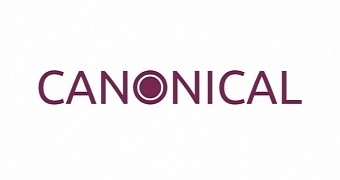The discussion about Canonical's IP policy has been reignited by Matthew Garrett, who is probably the biggest opponent of the company, at least in this regard.
Matthew Garrett is relentless in his pursuit to make Canonical change its IP policy. He's explaining once more that, technically, all the Ubuntu parts are open source, but anyone who is trying to use them is actually breaking the rules. It might seem like a complicated legal matter, but it's not.
On the other side of the barricade, Mark Shuttleworth has explained on several occasions that Canonical is not going after people who are using Ubuntu as the base for their projects, but that doesn't seem to satisfy Matthew. So, who's right and who's wrong?
Technically, Matthew has a point
The core issue is that when you take parts in the entire Ubuntu project and use it to base your own work, you need to be aware that some trademark issues are involved. This mean that "Ubuntu," "Kubuntu," "Juju," "Landscape," "Edubuntu" and "Xubuntu" are all trademarked by Canonical, therefore, you can't use them, and you need to strip them from your work.
That seems like a fair thing to do, but Matthew says that there is no clear line for developers. To follow the agreement to the letter, all mentions of Ubuntu, from all the packages, no matter how small, would have to be removed. After all that work, developers would also have to recompile everything, since that is a condition.
"If an @ubuntu.com email address is present in a changelog, you'd have to change it. You wouldn't be able to ship the juju-core package without renaming it and the application within. If this is what the policy means, it's so impractical to be able to rebuild Ubuntu that it's not free software in any meaningful way," wrote Matthew.
Canonical is vague for a reason
One of the things that Matthew is saying is that Mark Shuttleworth was vague in his answers, and so was Canonical. What Matthew is not saying or he doesn't know is that Mark is probably doing this for the right reasons.
The trademark laws are pretty clear. Once you ask to have something protected by a trademark, you also need to defend it. Otherwise, you're going to lose it. So Canonical is choosing to only enforce the trademark when it's blatantly infringed upon and lets everything else slide. This is why Linux Mint can operate without any problems, even if they certainly didn't remove any mention of Ubuntu from the packages.
If Canonical were to define more clearly what they are protecting, they would have to go after everyone, and that's not really in the best interest of the users.

 14 DAY TRIAL //
14 DAY TRIAL //